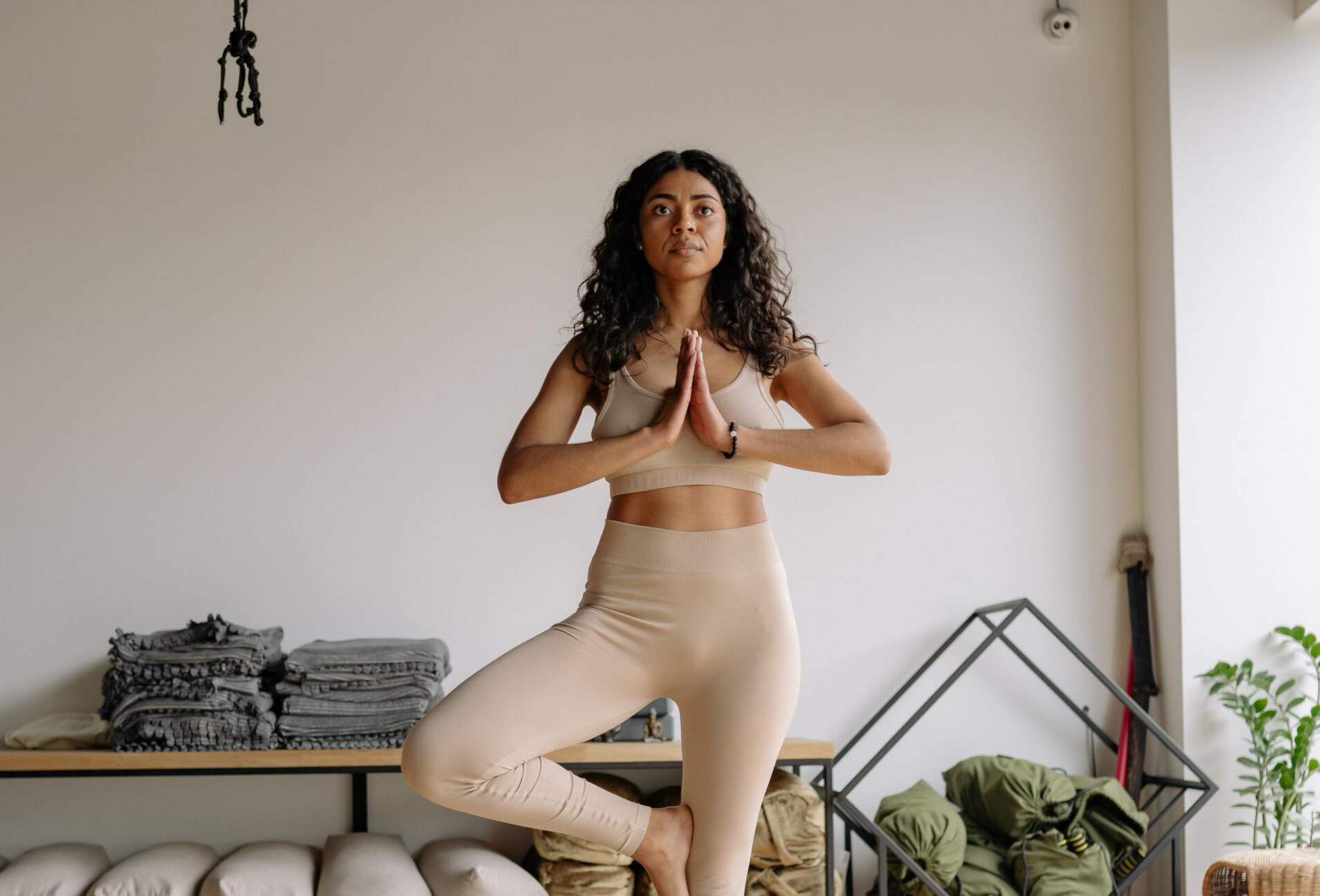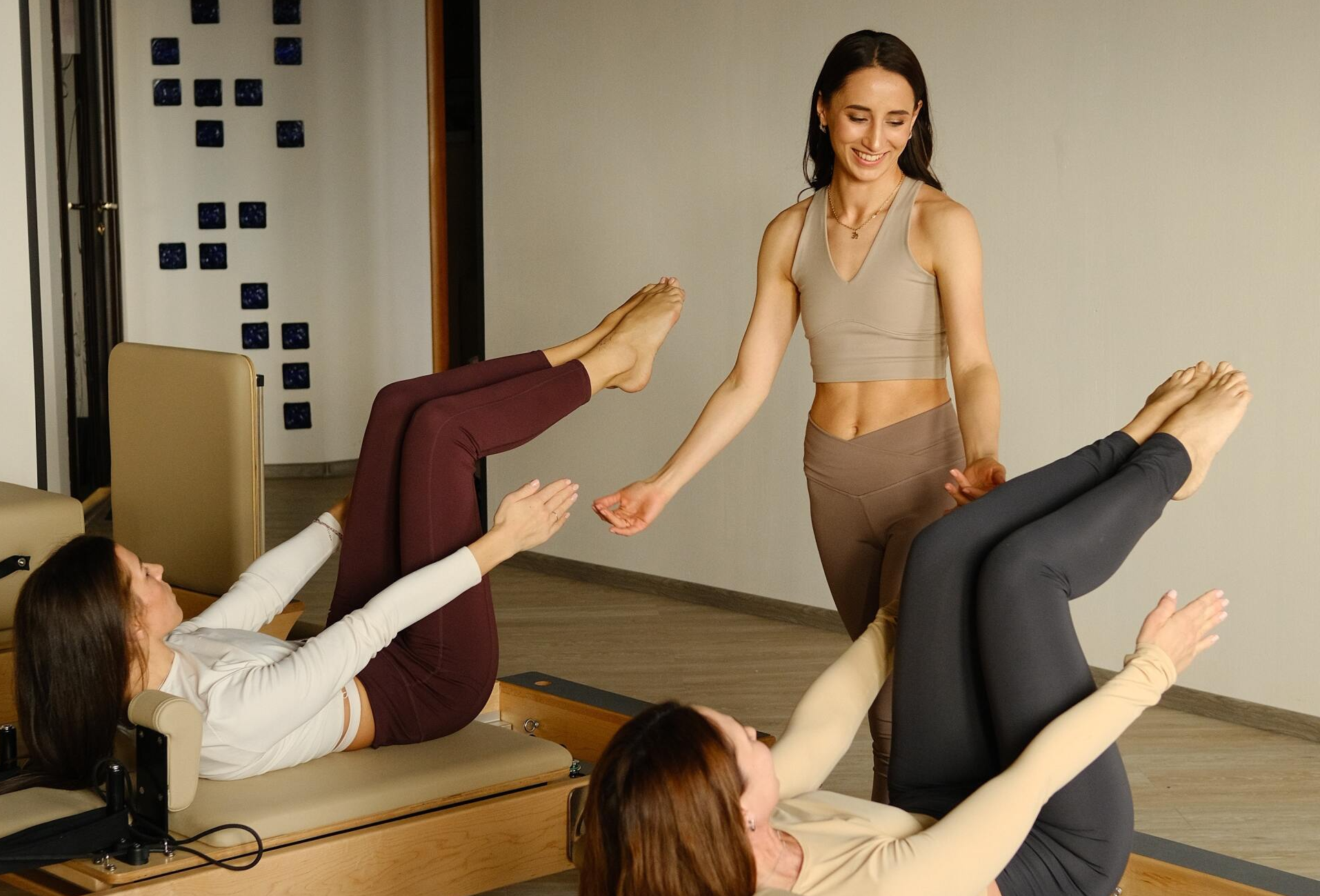Post-Surgery Care: What Happens If You Leave Korea Too Soon?
Why Timing Matters After Eye Surgery
LASIK, SMILE, and LASEK surgeries in Korea are quick and safe, but after-care is just as important as the operation itself. The cornea needs time to stabilize, and the doctor must confirm healing before you fly.
Leaving too soon can interrupt this process and increase the risk of complications—especially for patients traveling long distances.
What Happens During the Early Healing Phase
In the first 24–72 hours after eye surgery:
- The corneal flap (in LASIK) or incision (in SMILE) begins to seal naturally.
- Vision can fluctuate slightly as the cornea settles.
- Temporary dryness, halos, or mild haze are common.
- The first follow-up appointment (usually the next day) is crucial to ensure proper healing and flap stability.
If you skip or rush these early checks, small issues—like debris under the flap or early inflammation—might go unnoticed and worsen once you’re home.
Potential Risks of Leaving Korea Too Early
1. Missed Follow-Up Exams
Your doctor monitors how the flap or incision is healing and whether your eyes are reacting normally to the laser. Without this visit, you could miss warning signs of:
- Flap displacement
- Infection or inflammation
- Corneal dryness or epithelial issues
2. Air Travel Pressure Changes
While cabin pressure usually doesn’t damage the eye, dry cabin air and reduced humidity can aggravate post-surgery dryness. Long flights immediately after LASIK may cause discomfort or blurry vision.
3. Lack of Emergency Access
If pain, redness, or blurring starts after you leave, getting immediate help abroad can be stressful—especially if your home doctor doesn’t have your surgery data.
4. Interrupted Healing Process
Early return to work, makeup use, or outdoor exposure may strain eyes still adjusting. This could delay full recovery or cause regression in vision results.
Recommended Stay Duration in Korea
Most Seoul eye clinics advise:
- 1 night after SMILE Pro or LASIK if recovery is normal.
- 2–3 nights if your surgery was complex or if you experience dryness or mild inflammation.
- 4–5 nights for LASEK or surface treatments, which heal slower.
These extra days allow your surgeon to:
- Check vision clarity and corneal condition
- Adjust your medication schedule
- Re-wet or protect the cornea if needed
- Issue a final fit-to-fly approval
What to Do If You Must Leave Early
Sometimes travel schedules can’t be changed. In that case:
- Inform your clinic in advance so they can compress your follow-ups into one or two visits.
- Ask for a detailed English surgery report and post-op instructions for your local eye doctor.
- Request digital corneal scan images and exact medication names.
- Have your home ophthalmologist lined up for a check-up within one week of returning.
- Bring lubricating eye drops for the flight and use them every hour.
How Korean Clinics Support International Patients
Many Seoul clinics—like B&VIIT, Apgujeong Eye Clinic, GS Eye Clinic, and BGSS Eye Clinic—offer global patient assistance, including:
- Remote consultations via email or video
- English-language medical summaries
- WhatsApp or KakaoTalk support for post-travel concerns
- Coordination with local ophthalmologists for follow-up care
This helps you stay safe even if your trip is short.
Best Practices for Safe Travel After Eye Surgery
- Wear sunglasses in airports and on flights to block UV and dry air.
- Use artificial tears regularly during your flight.
- Avoid rubbing your eyes even if they feel itchy.
- Rest often, blink frequently, and avoid reading or screens for long periods.
- Carry all medications in your hand luggage and keep them in the original labeled bottles.
Final Thoughts
LASIK and SMILE surgeries in Korea are known for precision and fast recovery, but the success doesn’t end when the laser stops—it depends on how well you care for your eyes afterward.
Leaving too soon can put your results at risk. A few extra days in Seoul for proper monitoring can make the difference between a perfect recovery and unexpected complications.
Take your time, follow your clinic’s schedule, and let your surgeon confirm that your eyes are fully ready for travel.
Call-to-Action
👁️ Planning LASIK or SMILE surgery in Seoul?
Ask your chosen clinic about the recommended stay duration and post-op support for foreign patients. A short extra stay could protect your long-term vision and peace of mind.




